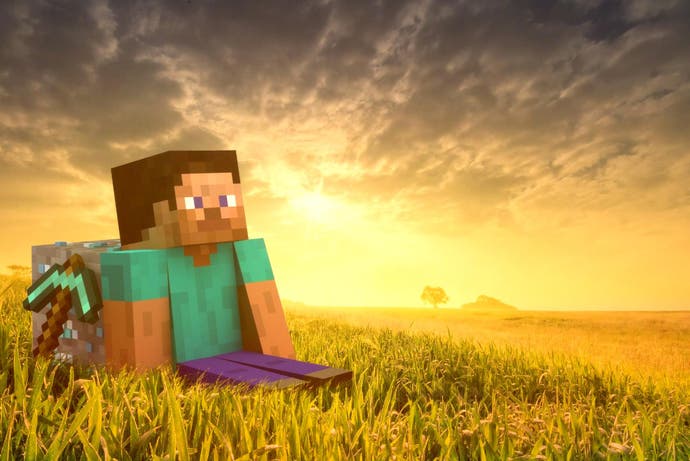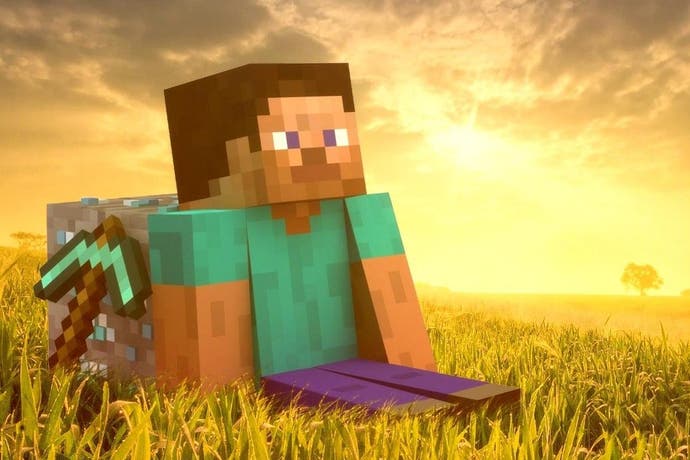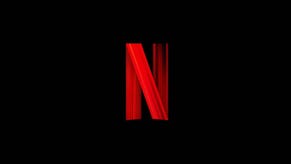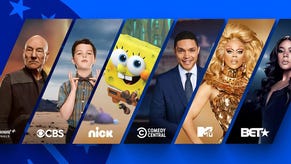Microsoft's indie parity clause exists so Xbox One owners feel "first class"
And to discourage devs who think "I'll get to Xbox whenever I get to it", Spencer says.
Microsoft's indie game parity clause remains in place so that Xbox One owners feel "first class", Xbox boss Phil Spencer has stated.
Speaking on the Inner Circle podcast, Spencer said the policy was designed to dissuade developers from leaving Xbox One versions of their games until later - something which leaves owners of Microsoft's console feeling left out.

"I'll be honest, the thing I worry about is I look at all the people who buy an Xbox and invest their time and money in Xbox One," Spencer said. "Millions of people own Xbox One and I want those people to feel like they're first class, because they are.
"When a third party game comes out it comes out on all platforms at the same time. When indie games come out, I want them to come out and I want Xbox to to feel like it is a first class citizen when an indie game launches."
The parity clause is designed so that indie games do not appear on a different platform first before Xbox One. Or, if they do, that the version that launches for Xbox is different somehow.
"For me the parity thing is, if you own Xbox One I want to work for you to make sure that when great content launches, if it's coming to Xbox One and another platform, you get it at the same time as everybody else does," Spencer added.
But this does not always have to apply, he conceded. When it is a matter of resources - when a small studio simply does not have the budget or staff to juggle simultaneous launches on multiple platforms - Microsoft is open to a discussion.
"I have a lot of friends who run small indie studios, and I get that timelines around when... they just can't get both games done at the same time or all 3 games, 4 games depending on how many platforms they're supporting," Spencer continued.
"So I [have been] just saying 'let's have a conversation', and it's worked. Today, I think we've done a good job working with the indies when they have had strict parity concerns if it's just a dev issue for them."
The purpose of the parity clause is not to penalise indie developers who don't enough the resources for an Xbox One version, he concluded, but to discourage studios who might actively choose to release an Xbox One edition at a later date (for example if they have signed an exclusivity deal with Sony).
"I don't want somebody to come in and just think 'I'm going to go do a special game on one platform and then I'll get to Xbox whenever I get to it.' I don't think that's right," Spencer concluded.
"As Xbox one customers we want good games as they come out on both platforms. But I also get that for some guys they just can't afford the time to get both done. So we have entered into the conversations with people as they are launching it and I feel pretty good about the plan."










